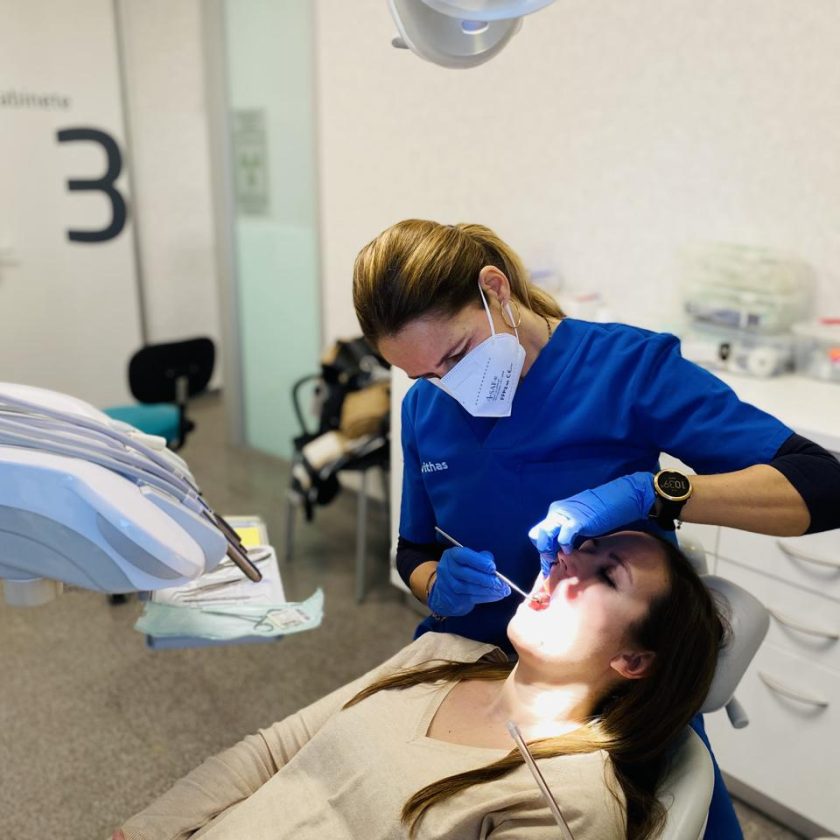Valencia – If your parents or significant other are calling you sweetie or honey, we simply hope that they’re not referring to your blood sugar level. If, unfortunately, that’s not the case, you might be in deep trouble. High blood sugar is the cause of a disease called diabetes that has types depending on the severity of the condition and some other characteristics.
All of these types make your life slightly more difficult and might lead to other unwanted consequences like chronic fatigue, heart diseases, etc. To catch this illness early on, you must first know what its symptoms are. We’ve got your back in this matter and we will show you the 11 most alarming signs of diabetes that you should be wary of!
Type 1 vs Type 2 Diabetes
Before getting into the symptoms, it’s important to note the difference between type 1 and type 2 diabetes.
Type 1: the following symptoms might appear very quickly and develop in as short as a few days or weeks. Only 10% of all diabetic cases are of type 1.
Type 2: this type is the most common diabetes type with 90% of the cases being T2D. It shares the same symptoms as type 1 but so many patients can live with this type for many years without even being aware of it. That’s because the symptoms might or might not be as obvious as in type 1.
Signs of Diabetes
3 Ps of High Blood SugarPolyuria:
This means excessive being both in volume and frequency. What’s usually happens is that your kidney absorbs the glucose from your blood to use for nutrition in energy production. When your glucose level is too high, your kidney has to work harder. That’s why your body tries to flush the excess out through urine.
Polydipsia:
Extreme thirst, or polydipsia, is a direct consequence of polyuria. The more you urinate, the lower the water levels in your body are. That’s why you feel thirsty.
Polyphagia:
Because of the high glucose level in your blood, you’re so beginning to refuse glucose particles in. This is called insulin resistance and it makes you feel hungrier because of the lack of glucose in your cells.
Weight Loss
As a natural consequence of insulin resistance, your body starts to look for other sources of energy. That’s why it targets your fat and breaks it down to consume it as fuel for your energy. That’s why people who suffer from diabetes lose weight drastically and in a short period. Even more so, people on diabetic medications are prone to gaining weight.
Fatigue
As opposed to the natural process of energy supply, your body is working more than it should for energy. Your kidneys are working extra shifts to absorb and recycle the excessive glucose, while your body is breaking up its own fat for energy because glucose particles cannot enter the cells. That’s why you will feel extremely tired and exhausted all the time even if you were inactive all day.
Genital Itching
As your body flushes out the excess glucose, your urine becomes sweeter and more sugary. As it leaves your urinary tract, the glucose feeds the bacteria in those areas, which causes itching in the future. Genital hygiene is more important and crucial to fighting infections for diabetic people.
Slow Healing and More Infections
As we said earlier, sweet environments are perfect for infections to grow into bigger problems. Because of diabetes, your mouth and genital area are endangered by fungal and yeast infections. In addition to that, wounds and surface cuts will heal much slower than for a normal person. That’s because your blood is unable to properly heal the wound and tend to it because it’s being blocked by the high glucose level in it. This is also true for flu and other infections in the ears, nose, gums, and so on.
Vision Problems
Blurry vision is one of the most accurate and alarming symptoms of diabetes, especially type 2. If you’re finding it harder to focus your vision in one place or see clearly certain things that you never struggled with, it might be wiser to see your doctor for a diabetic blood test.
In extreme cases, diabetes can lead to very serious and irrevocable problems and diseases. Learn more about them in the following three points.
Extreme Signs of Diabetes
Diabetic Retinopathy
As we said in the previous point, diabetes causes vision troubles. If left unchecked, these vision troubles can lead to what’s called diabetic retinopathy, which is a condition where a person is at extreme risk of vision loss. The reason behind this is the swelling of your lenses and another visual problem called osmosis.
Diabetic Neuropathy
One of the most common signs of high blood sugar is diabetic neuropathy. This condition is characterized by Parasthesias, which is tingling and numbness of your body’s extremities. Your feet and toes might start feeling very tingly and stepping on them might either tickle you or be extremely painful.
Diabetic Nephropathy
Because your kidneys work more than they usually do, there are more at risk of failing and developing fatal conditions like diabetic nephropathy. This condition refers to kidney disease and damage, which can be lethal.
Diabetes is not a disease to mess with, it’s extremely dangerous. Being aware of these signs and noticing them early on will increase your chances of beating the disease. You must pay closer attention to these symptoms if your family has a history of diabetes or if you have an unhealthy diet and lifestyle.
Quickly go see your doctor and adopt a diabetic diet that includes beneficial foods and veggies. Make sure to work out as well to promote blood circulation.



